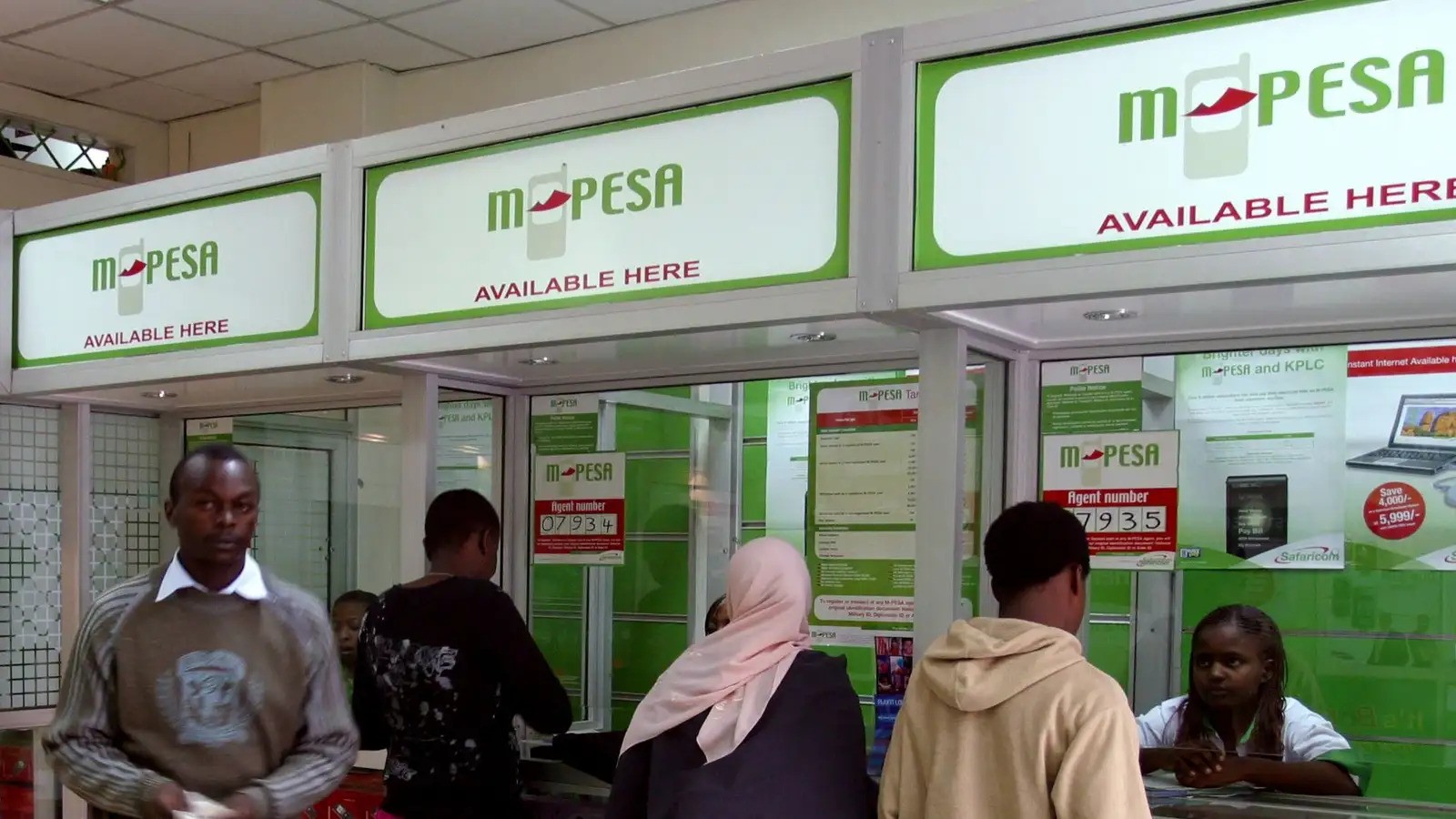adverts
Safaricom and Kenyan commercial banks have raised concerns about the Central Bank of Kenya’s (CBK) proposal to create a Fast Payment System (FPS), estimated to cost $200 million and take up to four years to implement.
The FPS is intended to improve interoperability across payment platforms and lower transaction costs, but critics argue it may duplicate existing systems and hinder innovation in Kenya’s advanced financial sector.
In a joint report, Safaricom and the Kenya Bankers Association (KBA) recommend enhancing existing systems, such as Pesalink—a platform for peer-to-peer payments between banks—rather than building an entirely new infrastructure. While acknowledging the FPS’s potential benefits, they question its high price tag and extended timeline, emphasising that existing solutions could achieve similar goals at a fraction of the cost.
adverts
The report highlights issues with the proposed Special Purpose Vehicle (SPV) to manage and operate the FPS. The SPV would require a $30 million initial investment and legislative amendments to multiple laws, including the Central Bank of Kenya Act and the National Payment Systems Act. Ownership of the SPV would be divided between the CBK (60%), Safaricom (20%), and commercial banks (20%).
Critics argue that this structure could make the FPS a state-controlled enterprise, potentially leading to bureaucratic inefficiencies. “The creation of an SPV may mean that streamlining regulations that would deliver immediate benefits within the current payment landscape may be delayed until the SPV and FPS are operationalised,” the report states.
Kenya’s payments ecosystem is heavily mobile-based, with platforms like M-Pesa and Airtel Money reporting billions of dollars in transactions annually. Safaricom and KBA warn that the FPS model, which is unproven in such markets, could disrupt rather than enhance the system.
“It is a high-risk approach in a market where payments are predominantly digital and mobile-based. Most FPS implementations in other markets were introduced when cash and card payments dominated,” the report noted.
Instead of creating a new system, Safaricom and KBA propose upgrading existing infrastructure like M-Pesa or Pesalink and broadening their ownership to include CBK, SACCOs, micro-finance banks, and other payment service providers. This approach mirrors strategies in countries like Zimbabwe, where existing systems were designated as the backbone for new payment frameworks.
Kenya’s payment ecosystem currently operates in silos, with mobile money platforms disconnected from banks and other financial institutions. Pesalink, for example, only serves banks, excluding SACCOs and other players. Payment experts believe the FPS could unify these platforms, lowering transaction costs and driving innovation, but only if implemented carefully.
The CBK has yet to decide whether it will pursue the FPS or enhance existing systems like Pesalink and M-Pesa. Experts like Alfred Ongere, former CTO of Payless Africa, see the FPS as both an opportunity and a challenge.
“It will create opportunities for smaller players but could also raise entry barriers for them. It will drive innovation in Kenya’s payments industry, with both small and large service providers pushed to offer better solutions,” Ongere said.


